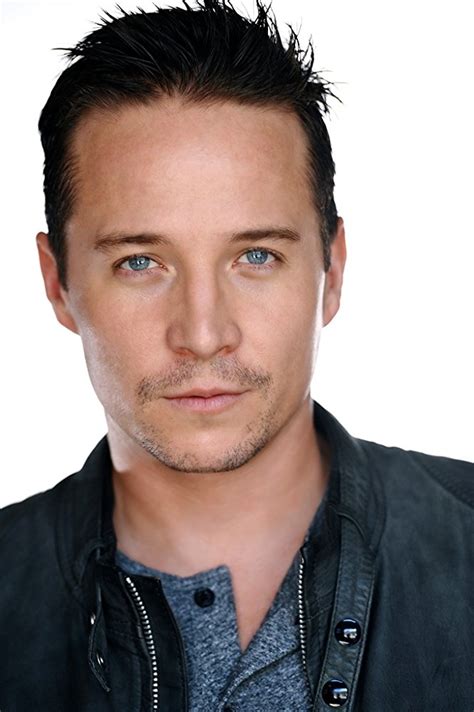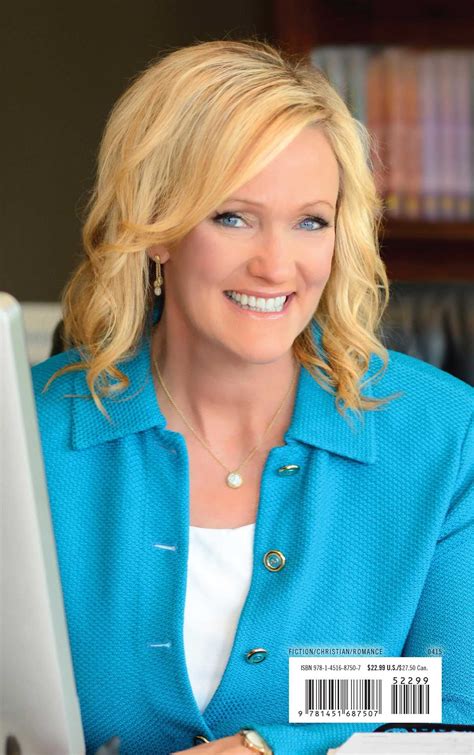A Quote by Kim Hawthorne
If you are, as an actor, are just worried about looking pretty and being well liked, then I personally feel you are doing a disservice to your audience, the craft, the creative process, writers, and directors. Your job is to tell a story and to tell the truth, and we can't always be the most likeable character in every situation.
Related Quotes
The best time to tell your story is when you have to tell your story. When it's not really a choice. But then, when you get that first, messy, complicated version down, you have to read it over and be very tough on yourself and ask, 'Well what's the story here?' If you're lucky enough to have someone you trust looking over your shoulder, he or she can help you if [you] lack perspective on your own story.
One of the things on a very practical level as an actor or actress is that when you do a play, you do the entire story every time you do it. You have eight shows a week. You have a rehearsal process of four to five to six weeks. And then once you're in performance, everybody else goes away and you're there with your fellow actors and the audience and the material and your life becomes about that. And you go through the story from the beginning to the end every time you do it and depending on how long you do it, that's where the craft comes in.
If you gauge how you're doing on whether somebody is responding vocally or not, you're up a creek. You can't do that; you kind of have to be inside of your work and play the scene. And tell the story every day. Tell the story. Tell the story. Regardless of how people are responding, I'm going to tell the story.
if I could tell my very-younger self something, I would tell him to let loose more often. I think it all roots in sexuality, but because of that, I became so worried about everything — worried about what people thought. I was afraid to be creative and charismatic and eccentric. Just to do things to do things, like dancing. I was afraid of looking too flamboyant or something. I would tell myself to stop being so stressed about what other people are thinking. Stop being so afraid that something may not come off the right way.
Sometimes the music just has to tell the story without you trying to tell the story. It depends on the type of music you want to make. If it makes you feel good and party then you go with that. If it makes you feel like speaking on something real and doing a story then it's the beat just has to have the story.
Worry is anti-trust. If you're worried, you don't trust something: your kids, their friends, strangers, the church, even God. Can He take care of your children? Certainly. Jesus says, 'I tell you, stop being anxious and worried about your life.' Pretty blunt. Stop it! Easier said than done, huh? Worry tests your trust, so hand your children to God and let Him babysit your babies when you're not around. He's pretty good at it!
The "magic if" is a tool invented by Stanislavski, the father of acting craft, is to help an actor make appropriate choices. Essentially, the "magic if" refers to the answer to the question, "What would I do if I were this character in this situation?" Note that the question is not "What would I do if I were in this situation?" What you would do may be very different from what the character would do. Your job, based on your analysis of the script, the scene, and the given circumstances regarding the who of your character, is to decide what he or she would do.
I used to tell my graduate students at Stanford, 'Don't worry about what job you have to pick because your job picks you. Let your job pick you. Find something you are passionate about. Then when you are passionate, be persistent. Just keep doing it for a while because progress is always hard work. It never rests in ideas.'




































